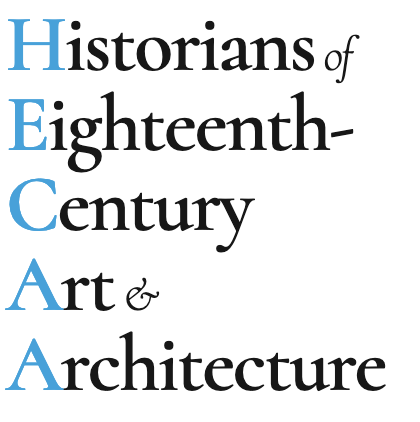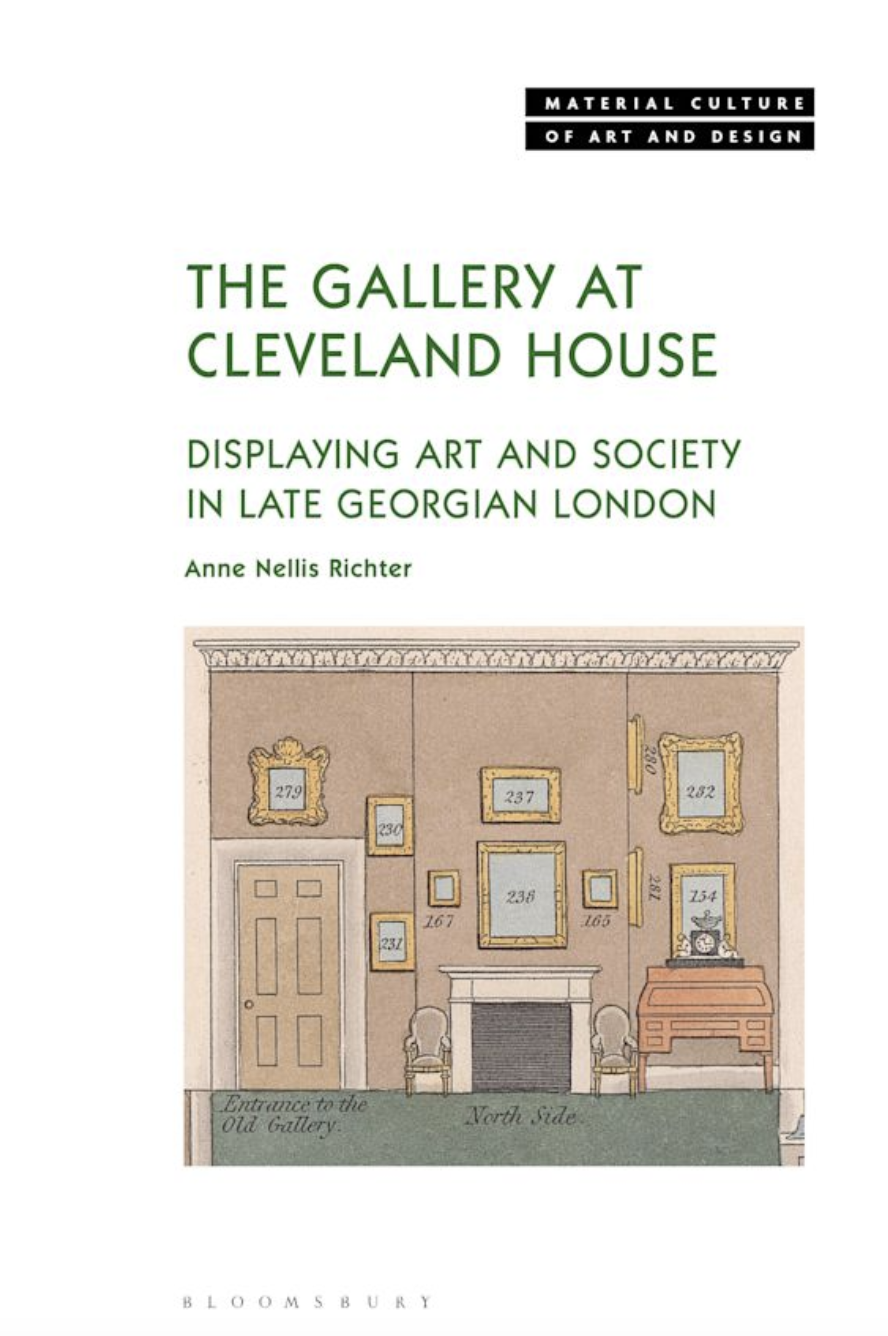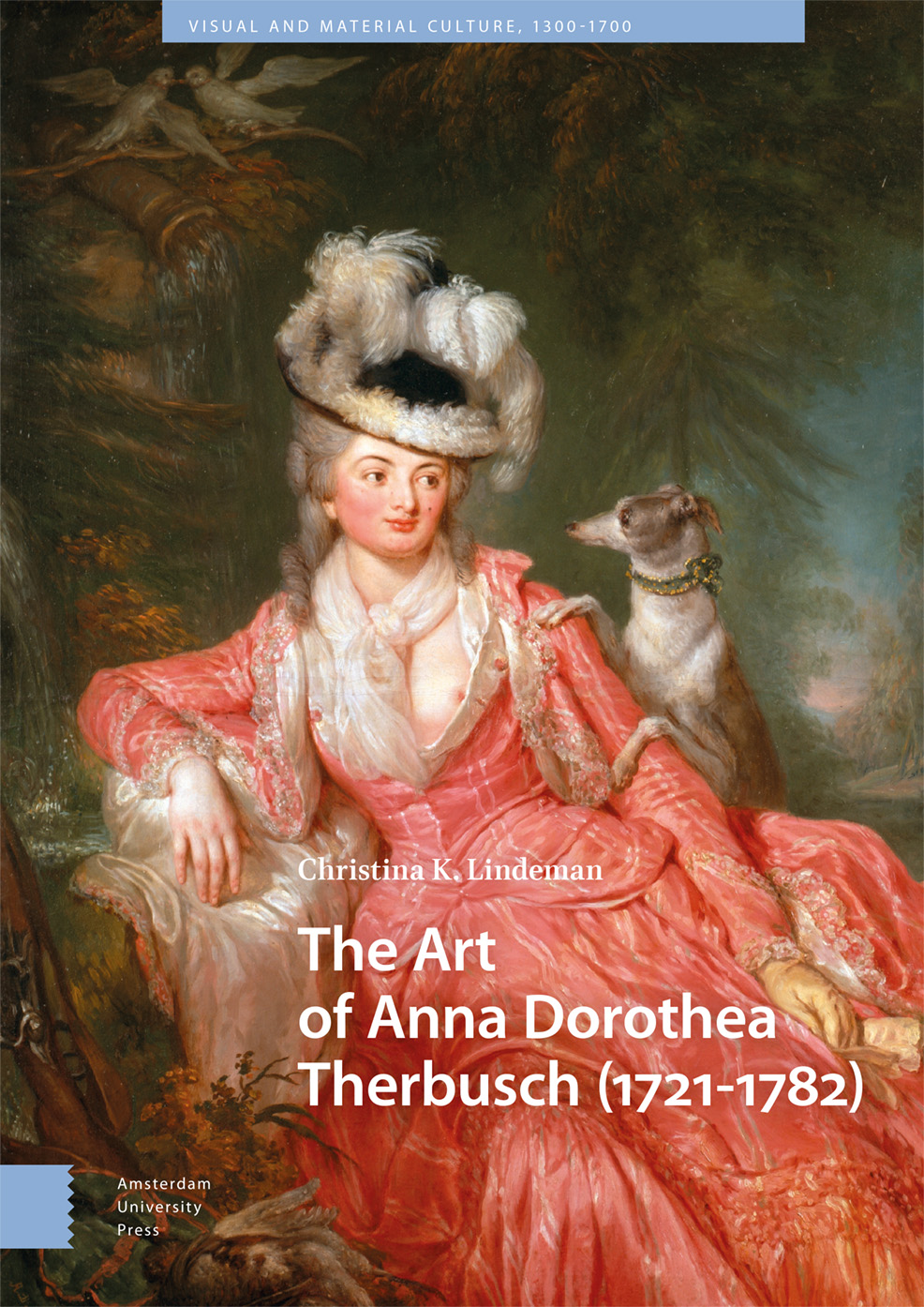Call for Articles | Irish Heritage Studies

Vicereines of Ireland: Portraits of Forgotten Women exhibition at Dublin Castle, 2021, curated by Myles Campbell
(Photo by Kenneth O’Halloran, courtesy of Office of Public Works, Dublin Castle)
◊ ◊ ◊ ◊ ◊
From Ireland’s Office of Public Works:
Irish Heritage Studies: The Annual Research Journal of the Office of Public Works, Inaugural Issue
Abstracts due by 15 December 2023; final texts due by 29 September 2024
The Office of Public Works, Ireland, is pleased to announce the launch of its annual research journal, Irish Heritage Studies, and invites submissions for the first volume to be published in spring 2025. The journal will showcase original critical research rooted in the substantial portfolio of material culture in the care of or managed by the OPW: built heritage; historic, artistic, literary, and scientific collections; the national and international histories associated with these places and objects; and its own long organisational history. Papers will contribute to a deeper understanding of this important collection of national heritage and investigate new perspectives on aspects of its history. The journal is designed for a broad public, specialist, and professional readership.
Established in 1831 (and with antecedents dating back to 1670), the Office of Public Works is a central government office currently with three principal areas of responsibility: managing much of the Irish State’s property portfolio; managing Ireland’s flood risk; and maintaining and presenting 780 heritage sites including national monuments, historic landscapes, buildings, and their collections.
We invite submissions on the following historical themes, ranging from the early medieval period to the close of the twentieth century:
• the design history of properties, demesnes, and parks in the care of or managed by OPW
• the furniture, archives, libraries, historical botanical collection, fine and decorative art collections in the care of OPW—including the State Art Collection—and items of material culture held elsewhere with connections to these properties and collections
• the social, political, biographical, and global histories connected with these properties and collections
• previously marginalised historical narratives connected to these properties and collections, such as women’s voices, Ireland minority ethnic/global majority heritage, queer lives, and disability history
• the organisational history of public works bodies in Ireland since the seventeenth century such as the Surveyor General’s activities for the crown in Ireland and the Barrack Board, prior to the formalisation of the OPW. The full spectrum of OPW’s diverse history since 1831 including civil engineering, famine relief, loan administration, architectural builds and conservation, archaeological conservation, curatorship, and interpretation of monuments and historical sites. This remit encompasses activities at properties owned or managed by the OPW, as well as OPW work undertaken at other State-owned properties (for example: Leinster House, the Four Courts)
We welcome scholarly papers from a range of perspectives, including (but not limited to) art, architectural, social, scientific and book history, cultures of collecting and display, museum and conservation studies, contested history and provenance research. We are also interested in interdisciplinary approaches and innovative methodologies. Discrete single-object case studies should seek to place the chosen subject within its broader cultural and historical context. We welcome submissions from academics, post-graduate students, allied professionals, independent researchers, and OPW personnel, and actively encourage the work of early career scholars. Submissions should draw on original and unpublished research. Manuscripts will be blind peer-reviewed before definitive acceptance for publication. The journal will be published in hardcopy, with later release for e-book sales and finally open access online.
Each volume will consist of eight to twelve papers. Final manuscripts will be 4000–8000 words (plus endnotes), typically with twelve illustrations. In addition to these more traditional essays, we welcome shorter pieces of above 1000 words (plus endnotes), typically with six illustrations. Submissions should be in English, and multi-authored contributions are welcome.
The timeline for volume one is as follows:
• deadline for submission of abstracts: 15 December 2023
• feedback to authors: 15 January 2024
• deadline for selected contributions (text and images) from authors: 17 June 2024
• peer-review process completed and final text returned by authors: 29 September 2024
• publication: spring 2025
Abstracts are welcome at any time for future volumes.
If you are interested in proposing a paper, please email an abstract of approximately 500 words (300 words for shorter case studies) with a provisional title and a brief biographical note (not CV) to Caroline Pegum, editorial manager, at IHSjournal@opw.ie by 15 December 2023. All submissions will be acknowledged. Informal enquiries are welcome at the same email address.
Conference | A Mundane History of Collecting, 1600–1918
From ArtHist.net:
The Backstage View: A Mundane History of Collecting, 1600–1918
Collegium Maius, Adam Mickiewicz University, Poznań, 26–27 October 2023
Organized by Michał Mencfel and Camilla Murgia
 After more than half a century of intense scientific exploration, resulting in hundreds of in-depth studies, the history of collections has established itself as one of the privileged fields of research in the humanities. Various issues such as the provenance of objects in collections; ways in which these objects have been ordered, arranged, and displayed; rooms and buildings in which they have been kept and exhibited; narratives beyond objects and collections; biographies of collectors; social practices connected with collections, etc. have been versatilely investigated. Consequently, collecting—fascinating in its own right—has proved also to be a sensitive indicator of broad cultural and social phenomena connected with artistic, scientific, philosophical, societal, and political movements.
After more than half a century of intense scientific exploration, resulting in hundreds of in-depth studies, the history of collections has established itself as one of the privileged fields of research in the humanities. Various issues such as the provenance of objects in collections; ways in which these objects have been ordered, arranged, and displayed; rooms and buildings in which they have been kept and exhibited; narratives beyond objects and collections; biographies of collectors; social practices connected with collections, etc. have been versatilely investigated. Consequently, collecting—fascinating in its own right—has proved also to be a sensitive indicator of broad cultural and social phenomena connected with artistic, scientific, philosophical, societal, and political movements.
Indeed, recent research has shown how the art market has been crucial to the history of collections in specific cultural contexts that have undergone a series of exchanges and openings linking different economic elements and realities (Brill’s Studies in the History of Collecting & Art Markets). Furthermore, particular attention has been paid to both the circulation of works of art from the perspective of collecting strategies (Art Markets, Agents and Collectors: Collecting Strategies in Europe and the United States 1550–1950, ed. by Adriana Turpin and Susan Bracken, 2021), and of provenances (Study of Collecting and Provenance and the Getty Provenance Index).
Collecting, however, also relies on a great number of less noble and less sophisticated but nevertheless indispensable practices. These include negotiating with artists and dealers, observing (or escaping) the formalities, paying (or avoiding paying) customs fees, transporting and securing the collectibles, restoring and framing the pieces of art, etc. The present call for contributions aims to invite proposals for papers focusing on this everyday—somewhat down-to-earth and mundane—side of collecting. What about this background, consisting of daily actions, practical skills, and made-to-measure resolutions, that contributes to the constitution of collections and the act of collecting itself? How does this meticulous, essential and somehow ‘invisible’ infrastructure enable the purchase, conditioning, sale, and exchange of artwork?
This conference aims to explore the various aspects regarding the mundane site of the history of collecting. We intend to question the multitude of logistic, administrative, organisational, and managerial practices that contribute to the act of collecting and how they affect selling and buying artwork. We are interested in identifying and studying the elements that mark out the diverse and versatile apparatuses of collecting in specific cultural, social, and economic realities, both private and public. Changes in issues, paradigms, and availability are at the heart of our study.
Conference Organizers
Michał Mencfel (Adam Mickiewicz University), mmencfel@amu.edu.pl
Camilla Murgia (Université de Lausanne), camilla.murgia@unil.ch
t h u r s d a y , 2 6 o c t o b e r 2 0 2 3
9.00 Registration
9.30 Welcome by Michał Mencfel (Adam Mickiewicz University) and Camilla Murgia (Université de Lausanne)
1000 Panel 1 | References
• Katharina Januschewski (Universität Paderborn) — Selling Italian Landscapes to the Russian Empire: Sylvester Shchedrin’s Letters from Italy (1818–30) as a Source for International Art Transport Logistics and Sales Strategies
• Malena Rotter (Gemäldegalerie Alte Meister, Kassel) — ‘I Am Gradually Acquiring the Necessary Material for a Gallery of Italian Pieces’: Landgrave William VIII of Hesse-Kassel (1682–1760) and His Italian Collection
11.10 Coffee
11.30 Panel 2 | Mundanity
• Ulrike Müller (Antwerp University and Royal Museums of Fine Arts of Belgium) and Davy Depelchin (Royal Museums of Fine Arts of Belgium) — Staging Privately-Owned Artworks: Private Collectors and the Exhibitions for Living Masters in Brussels, 1830–1860
• Maria Chiara Scuderi (University of Leicester) — Missionary Exhibitions as Mundane Sites for Private Collections: The Case of Dryad ‘Handicrafts’
12:40 Lunch
14.15 Panel 3 | Curating
• Arianna Candeago (Ca’ Foscari University Venice) — On the Art Market in Late 18th-Century Venice: Everyday Practices from the Letters of Collectors and Intermediaries
• Michelle Huang (University of St Andrews) — Curatorial Considerations and Practices behind the Acquisitions of the George Eumorfopoulos Collection of Chinese Art by the British Museum and the V&A
15.20 Coffee
15.40 Panel 4 | Practices
• Dorothee Haffner (Hochschule für Technik und Wirtschaft Berlin) — Organising and Visualising Collections: Changing Principles and Functions
• Laia Anguix-Vilches (Radboud University Nijmegen) — Women in the Backstage: Gender-Related Challenges in Institutional Collecting Practices
f r i d a y , 2 7 o c t o b e r 2 0 2 3
9.30 Welcome by Michał Mencfel (Adam Mickiewicz University) and Camilla Murgia (Université de Lausanne)
9.45 Keynote Lecture
• Erin Thompson (City University of New York) — Backstage, Viewed from the Archives: Researching Illicit Trafficking in Cultural Property
10.45 Coffee
11.00 Panel 5 | Trading and Cataloguing
• Nadia Rizzo (Scuola Normale Superiore, Pisa) — The Unfortunate Vicissitudes of Jean Gossaert’s Malvagna Triptych
• Bénédicte Miyamoto (Université Sorbonne Nouvelle) — Auction Clerks and Paper Trails: The Bureaucracy of Collection Transfers in 18th-Century Britain
• Elizabeth Pergam (Society for the History of Collecting) — Trading Art History: Art Dealer Archives and Day-To-Day Business of Collecting
12.45 Lunch
14.30 Panel 6 | Shaping Collections
• Martyna Łukasiewicz (Adam Mickiewicz University) — Fortune and Vision: The Art Market and the Emergence of Major Art Collections in Copenhagen, 1850–1900
• Silvia Marin Barutcieff (University of Bucharest) — Collecting Art in Modern Romania: Social Circumstances and Economic Endeavors, 1881–1918
15.40 Closing Notes and Coffee



















leave a comment